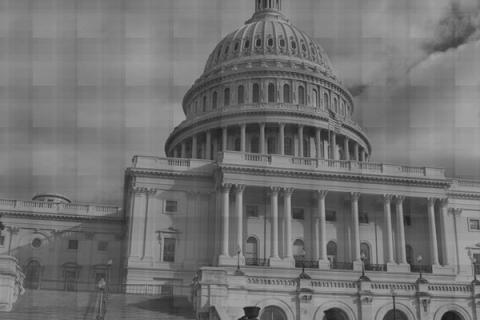Bond rating agency Standard & Poor's praised Gov. Brown's plans to pay down debt by 2015 but still warned that California remains at a "crossroad." California currently has the lowest S&P credit rating of any state. Such ratings directly impact what interest rates on bonds will be and how easy it is to sell them. The lower the rating, the higher the interest rate that bond issuers will pay.
California revenues are now expected to be $6.6 billion higher than previously predicted through July 2012. The non-partisan Legislative Analyst's Office agrees with this upwards estimate. However, this is predicated upon the economic recovery continuing and that a double dip does not occur. I'd say the jury was still out on that. Let's hope the recovery is real.
This $6.6 billion reduces the deficit to $9.6 billion, still a huge amount. Brown wants the legislature to extend $9.1 billion of tax hikes then ask the voters to approve it later. Huh? What happens if voters reject the plan or if it doesn't make the ballot at all? Well, the result would be even more budget-slashing and pain.
But as always, there are complications. State Treasurer Bill Lockyer says California won't be able to issue short term notes for cash flow in July and August with that vote pending, unless spending cuts are already agreed to if voters reject the measure. This is probably because bondholders would be reluctant to buy the notes or they would demand a higher interest rate.
All of this is greatly complicating efforts by schools, agencies, and municipalities that rely on government funding to plan their budgets. Schools in particular have no clear idea of how much they will be receiving for the fiscal year that starts July 1. Yet, any statewide vote requires several months of preparation to set up, so such a vote can't possibly happen until this fall.
Thus, the burden of responsibility and fast action has landed by default on the eternally deadlocked and squabbling legislature. Republicans have shown no inclination so far to vote to extend the tax hikes and that probably won't be changing any time before the next Ice Age arrives. Almost comically, Democrats are hoping for a 2/3's majority in both houses in the 2012 elections so they won't have to deal with those pesky Republicans any more. Should we tell them that won't help pass a budget now? But if the tax extensions don't pass the legislature, and soon, then those short-term notes may not get sold. This could trigger a cash crunch.
The $6.6 billion increase in expected revenue is welcome news indeed and Gov. Brown is to be commended for his decision to pay down debt rapidly. But California still has a long way to go before the budget crisis is solved.

